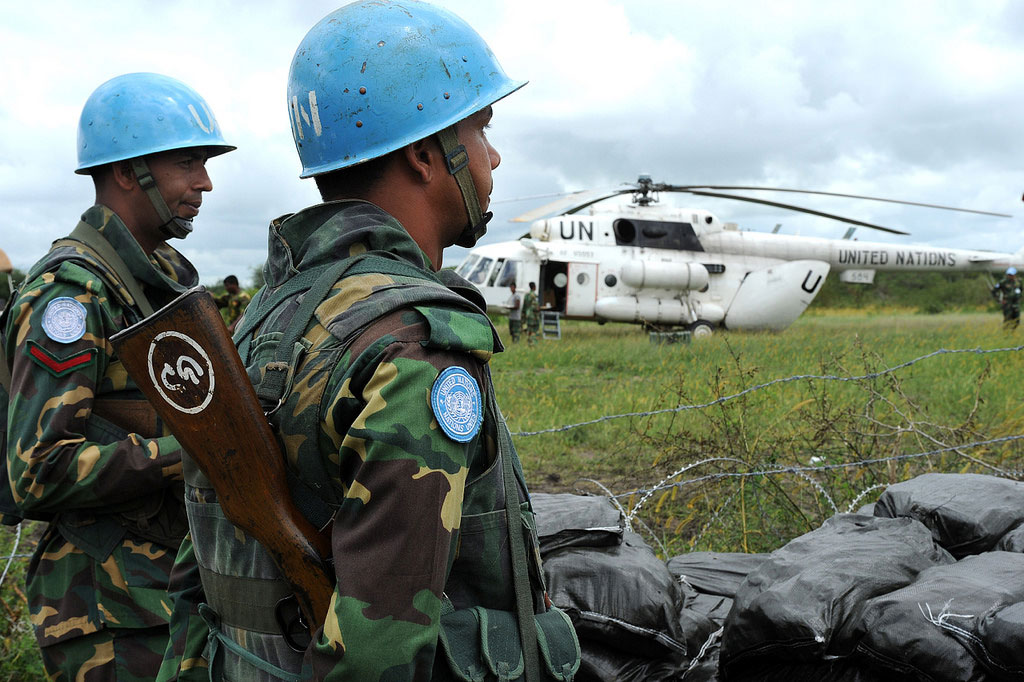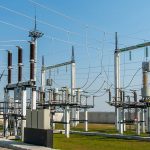General
UN Declares Famine in Parts of South Sudan
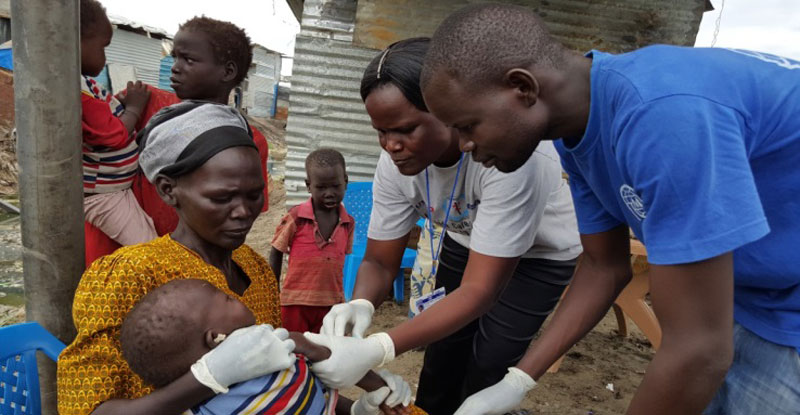
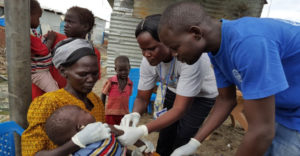
By Modupe Gbadeyanka
War and a collapsing economy have left some 100,000 people facing starvation in parts of South Sudan where famine was declared today, three UN agencies warned. A further 1 million people are classified as being on the brink of famine.
The Food and Agriculture Organization of the United Nations (FAO), the United Nations Children’s Fund (UNICEF) and the World Food Programme (WFP) also warned that urgent action is needed to prevent more people from dying of hunger.
If sustained and adequate assistance is delivered urgently, the hunger situation can be improved in the coming months and further suffering mitigated.
The total number of food insecure people is expected to rise to 5.5 million at the height of the lean season in July if nothing is done to curb the severity and spread of the food crisis.
According to the Integrated Food Security Phase Classification (IPC) update released today by the government, the three agencies and other humanitarian partners, 4.9 million people – more than 40 percent of South Sudan’s population – are in need of urgent food, agriculture and nutrition assistance.
Unimpeded humanitarian access to everyone facing famine, or at risk of famine, is urgently needed to reverse the escalating catastrophe, the UN agencies urged. Further spread of famine can only be prevented if humanitarian assistance is scaled up and reaches the most vulnerable.
Famine is currently affecting parts of Unity State in the northern-central part of the country. A formal famine declaration means people have already started dying of hunger. The situation is the worst hunger catastrophe since fighting erupted more than three years ago.
“Famine has become a tragic reality in parts of South Sudan and our worst fears have been realised. Many families have exhausted every means they have to survive,” said FAO Representative in South Sudan Serge Tissot. “The people are predominantly farmers and war has disrupted agriculture. They’ve lost their livestock, even their farming tools. For months there has been a total reliance on whatever plants they can find and fish they can catch.”
Malnutrition is a major public health emergency, exacerbated by the widespread fighting, displacement, poor access to health services and low coverage of sanitation facilities. The IPC report estimates that 14 of the 23 assessed counties have global acute malnutrition (GAM) at or above the emergency threshold of 15 percent, with some areas as high as 42 percent.
“More than one million children are currently estimated to be acutely malnourished across South Sudan; over a quarter of a million children are already severely malnourished. If we do not reach these children with urgent aid many of them will die,” said Jeremy Hopkins, UNICEF Representative a.i in South Sudan. “We urge all parties to allow humanitarian organizations unrestricted access to the affected populations, so we can assist the most vulnerable and prevent yet another humanitarian catastrophe.”
“This famine is man-made. WFP and the entire humanitarian community have been trying with all our might to avoid this catastrophe, mounting a humanitarian response of a scale that quite frankly would have seemed impossible three years ago. But we have also warned that there is only so much that humanitarian assistance can achieve in the absence of meaningful peace and security, both for relief workers and the crisis-affected people they serve,” said WFP Country Director Joyce Luma. “We will continue doing everything we possibly can to hold off and reverse the spread of famine.”
Across the country, three years of conflict have severely undermined crop production and rural livelihoods. The upsurge in violence since July 2016 has further devastated food production, including in previously stable areas. Soaring inflation – up to 800 percent year-on-year – and market failure have also hit areas that traditionally rely on markets to meet food needs. Urban populations are also struggling to cope with massive price rises on basic food items.
FAO, UNICEF and WFP, with other partners, have conducted massive relief operations since the conflict began, and intensified those efforts throughout 2016 to mitigate the worst effects of the humanitarian crisis. In Northern Bahr El Ghazal state, among others, the IPC assessment team found that humanitarian relief had lessened the risk of famine there.
FAO has provided emergency livelihood kits to more than 2.3 million people to help them fish or plant vegetables. FAO has also vaccinated more than 6 million livestock such as goats and sheep to prevent further loss.
WFP continues to scale up its support in South Sudan as humanitarian needs increase, and plans to provide food and nutrition assistance to 4.1 million people through the hunger season in South Sudan this year. This includes lifesaving emergency food, cash and nutrition assistance for people displaced and affected by conflict, as well as community-based recovery or resilience programs and school meals.
In 2016, WFP reached a record 4 million people in South Sudan with food assistance — including cash assistance amounting to US$13.8 million, and more than 265,000 metric tons of food and nutrition supplies. It is the largest number of people assisted by WFP in South Sudan since independence, despite problems resulting from the challenging context.
UNICEF aims to treat 207,000 children for severe acute malnutrition in 2017. Working with over 40 partners and in close collaboration with WFP, UNICEF is supporting 620 outpatient therapeutic programme sites and about 50 inpatient therapeutic sites across the country to provide children with urgently needed treatment. Through a rapid response mechanism carried out jointly with WFP, UNICEF continues to reach communities in the most remote locations. These rapid response missions treat thousands of children for malnutrition as well as provide them with immunization services, safe water and sanitation which also prevents recurring malnutrition.
General
DSS Accuses Malami, Son of Terrorism Financing in Court
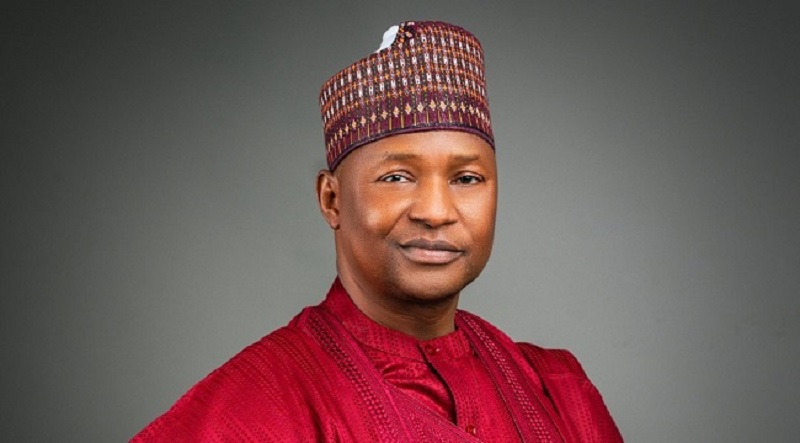
By Adedapo Adesanya
The Department of State Services (DSS) has arraigned the former Attorney General of the Federation (AGF) and Minister of Justice, Mr Abubakar Malami, and his son, Mr Abudlazizz Malami, on a five-count charge of abetting terrorism financing and illegal possession of firearms.
They were arraigned before Justice Joyce Abdulmalik of the Federal High Court in Abuja, where they pleaded not guilty to the charges.
In the charge, the former AGF was accused of knowingly abetting terrorism financing by refusing to prosecute terrorism financiers whose case files were brought to his office as the AGF in the last administration for prosecution.
Recall that the secret police had arrested Mr Malami, shortly after his release from Kuje prison in Abuja more than two weeks ago after Justice Emeka Nwite of the Federal High Court in Abuja granted him and two others bail in the sum of N500 million in another case involving the Economic and Financial Crimes Commission (EFCC).
Mr Malami and his son are also accused by the DSS of engaging in conduct in preparation to commit act of terrorism by having in their possession and without licence, a Sturm Magnum 17-0101 firearm, 16 Redstar AAA 5’20 live rounds of Cartridges and 27 expended Redstar AAA 5’20 Cartridges.
His arrest in January followed weeks of reports of surveillance by the secret police in front of the prison facility since the time Mr Malami, his wife and son were remanded there over the money laundering charges.
As per reports, Mr Malami had gathered that he would be picked up upon regaining his temporary freedom and so decided to wait out the DSS. However, after his eventual emergence, the operatives took the ex-AGF into detention again.
General
Lagos Launches Coastal Community Responder Programme for Waterways Safety
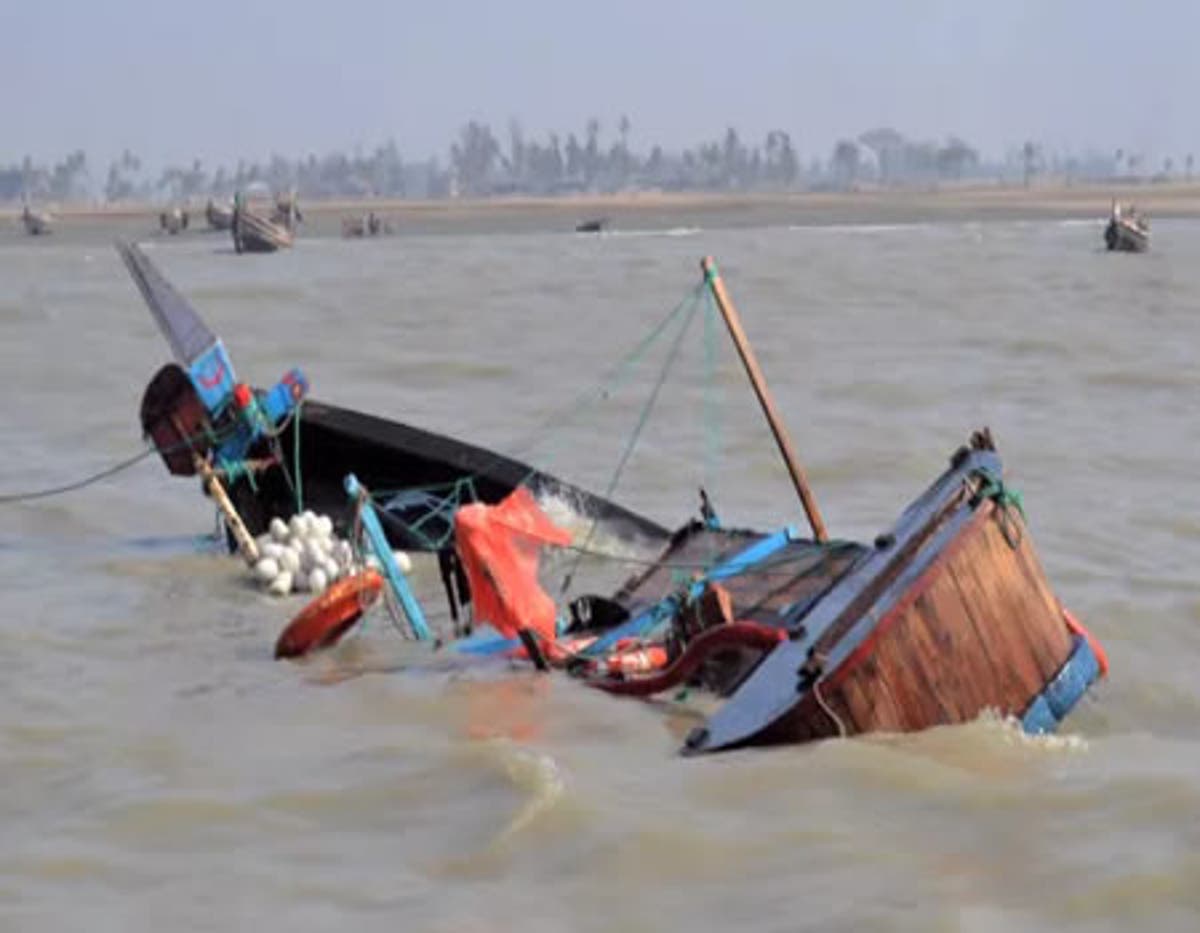
By Adedapo Adesanya
The Lagos State Waterways Authority (LASWA) has initiated an inter-agency partnership with the Centre for Rural Development (CERUD) to establish the Coastal Community First Responder Programme (CCFRP).
The first responder programme is aimed at promoting safe and secure transportation across Lagos waterways.
The initiative was unveiled during a meeting between a LASWA delegation and officials of the Ministry of Local Government, Chieftaincy Affairs and Rural Development at the secretariat in Alausa.
Leading the LASWA team, Mr Olademeji Shittu said the programme is designed to reduce fatalities and material losses on Lagos waterways, particularly in hard-to-reach coastal communities.
According to Mr Shittu, the CCFRP will focus on empowering community volunteers through targeted capacity building for sustainable rural development, while also equipping them with relevant skills that can enhance employability within the maritime sector.
He noted that trained volunteers will serve as community-based first responders, working in close collaboration with LASWA to strengthen search and rescue operations.
Providing the rationale for the programme, Mr Shittu highlighted the recurring cases of marine incidents and fatalities on Lagos waterways, often worsened by delayed emergency response in remote coastal areas.
He explained that residents of these communities are usually the first on the scene during accidents, making it necessary to formalise their role through structured training and partnerships.
He added that the collaboration with CERUD will help create a sustainable framework that aligns community development with safety and emergency response, while fostering a sense of ownership and responsibility among coastal residents.
According to a statement, the Coastal Community First Responder Programme is expected to enhance emergency preparedness on Lagos waterways, improve response times during marine incidents, and contribute to safer water transportation across the state.
General
NLC, TUC Suspend Planned Protest, Ask FCTA Workers to Resume
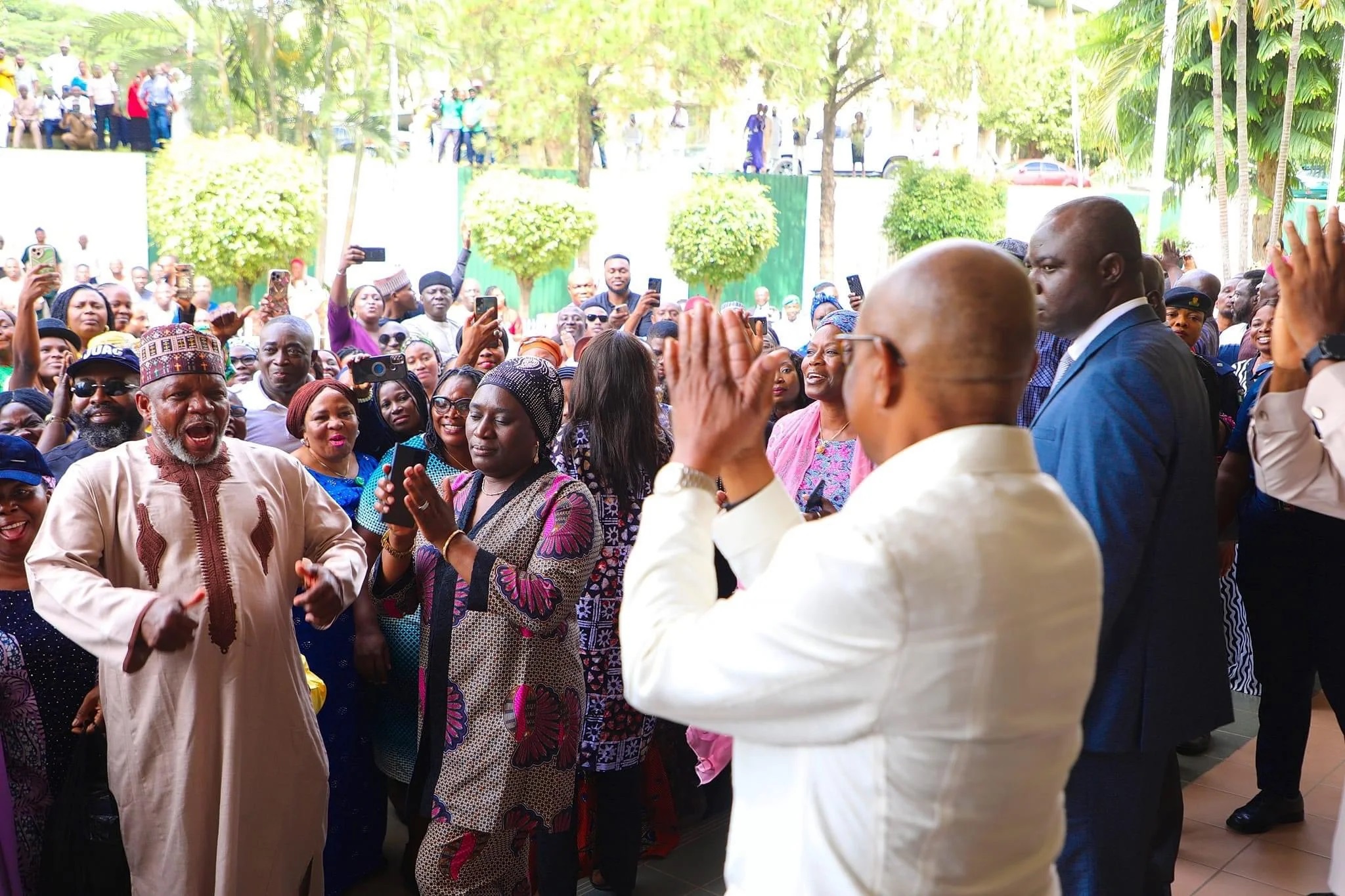
By Adedapo Adesanya
The Nigeria Labour Congress (NLC) and the Trade Union Congress (TUC) have suspended their planned protest in the Federal Capital Territory and instructed workers under the Federal Capital Territory Administration (FCTA) to return to their duties with immediate effect.
The directive followed an overnight engagement involving labour leaders, the Minister of the FCT, Mr Nyesom Wike, and members of the Senate Committee on the FCT.
The meeting, which began late on Monday, stretched into the early hours of Tuesday, culminating in an agreement that led to the unions’ decision to halt the protest action and restore normal activities across FCTA offices.
This comes after Justice Emmanuel Subilim of the National Industrial Court issued an interim order restraining the NLC, TUC, and three others from embarking on any form of industrial action or protest.
Ruling on an ex-parte application filed by the Minister of the FCT and the FCT Administration, Justice Subilim granted an interim order restraining the 1st to 5th respondents and their privies or agents from embarking on strike pending the hearing of the motion on notice, also ordering the 5th-9th defendants who are security agencies to ensure no break down of law and order.
The ex-parte motion, which was filed by the counsel to Mr Wike and the FCTA, Ogwu Onoja, submitted that the Chairman of the FCT council had sent a message of mobilization to members and affiliated unions for a mass protest scheduled for February 3.
This move, he noted, was in violation of the orders of court, adding that after the ruling of the court on January 27, the order of the court was served on the defendants, same day the NLC and TUC issued a statement to all affiliated unions to intensify and sustain the strike.
The statement jointly signed by both unions directed that the striking workers should resume the strike as the unions’ counsel, Mr Femi Falana, has filed an appeal against the interlocutory ruling.
He further pointed out that With the statement, JUAC issued a circular directing all employees to continue the strike.
This position they say is aimed at causing break down of law and order in the Nations capital.
The court subsequently adjourned the case until February 10 for hearing.
-

 Feature/OPED6 years ago
Feature/OPED6 years agoDavos was Different this year
-
Travel/Tourism9 years ago
Lagos Seals Western Lodge Hotel In Ikorodu
-

 Showbiz3 years ago
Showbiz3 years agoEstranged Lover Releases Videos of Empress Njamah Bathing
-

 Banking8 years ago
Banking8 years agoSort Codes of GTBank Branches in Nigeria
-

 Economy3 years ago
Economy3 years agoSubsidy Removal: CNG at N130 Per Litre Cheaper Than Petrol—IPMAN
-

 Banking3 years ago
Banking3 years agoSort Codes of UBA Branches in Nigeria
-

 Banking3 years ago
Banking3 years agoFirst Bank Announces Planned Downtime
-

 Sports3 years ago
Sports3 years agoHighest Paid Nigerian Footballer – How Much Do Nigerian Footballers Earn





